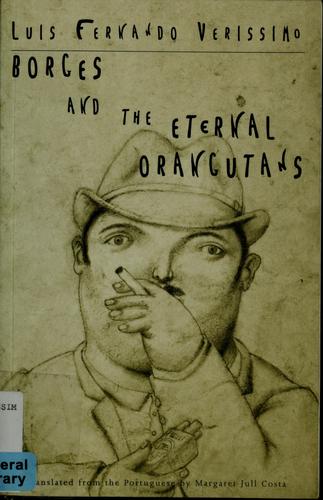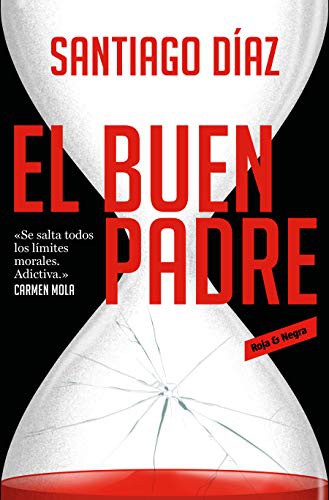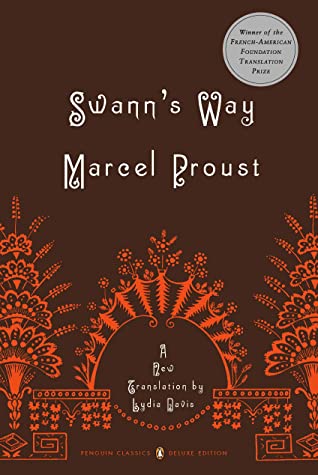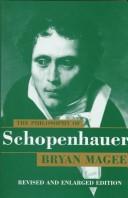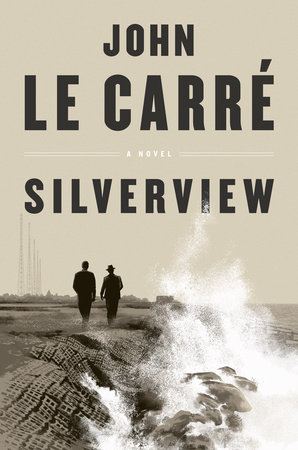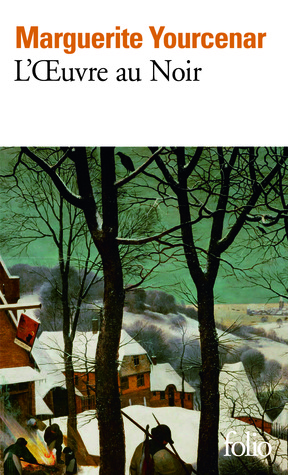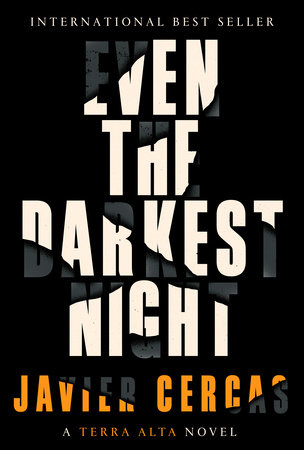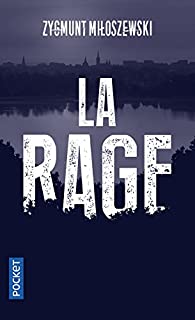airdog reviewed Voyage au bout de la nuit by Louis-Ferdinand Céline
Journey to the End of the Night (French: Voyage au bout de la nuit, 1932) …
Lecture longue et penible
3 stars
Desole pour le manque d'accents, mon clavier n'en a pas.
J'ai longtemps hesite avant de lire ce classique car je connaissais l'antisemitisme passione de l'auteur. En general les extremistes en toutes choses ont un discours qui m'ennui tres vite. Ils repetent toujours la meme chose de maniere similaire ou differente mais toujours la meme chose. Je me suis enfin resolu a le lire pour me rendre compte que ce que je craignais se realisait: en gros on peut resumer les quelques 400 pages par ces mots: chienne de vie, nous sommes des vers pourris sur une terre pourrie. Ce sont mes mots mais je crois que je traduis assez fidelement le message de l'auteur. Il a bien sur son stlyle a lui et fait souvent de bonnes trouvailles mais la repetition incessante rend la lecture lassante. N'allez pas m'assassiner pour la comparaison mais il m'a fait penser a La Putain …
Desole pour le manque d'accents, mon clavier n'en a pas.
J'ai longtemps hesite avant de lire ce classique car je connaissais l'antisemitisme passione de l'auteur. En general les extremistes en toutes choses ont un discours qui m'ennui tres vite. Ils repetent toujours la meme chose de maniere similaire ou differente mais toujours la meme chose. Je me suis enfin resolu a le lire pour me rendre compte que ce que je craignais se realisait: en gros on peut resumer les quelques 400 pages par ces mots: chienne de vie, nous sommes des vers pourris sur une terre pourrie. Ce sont mes mots mais je crois que je traduis assez fidelement le message de l'auteur. Il a bien sur son stlyle a lui et fait souvent de bonnes trouvailles mais la repetition incessante rend la lecture lassante. N'allez pas m'assassiner pour la comparaison mais il m'a fait penser a La Putain de Nelly Arcan. Toujours la meme hargne repetee sans repit.


